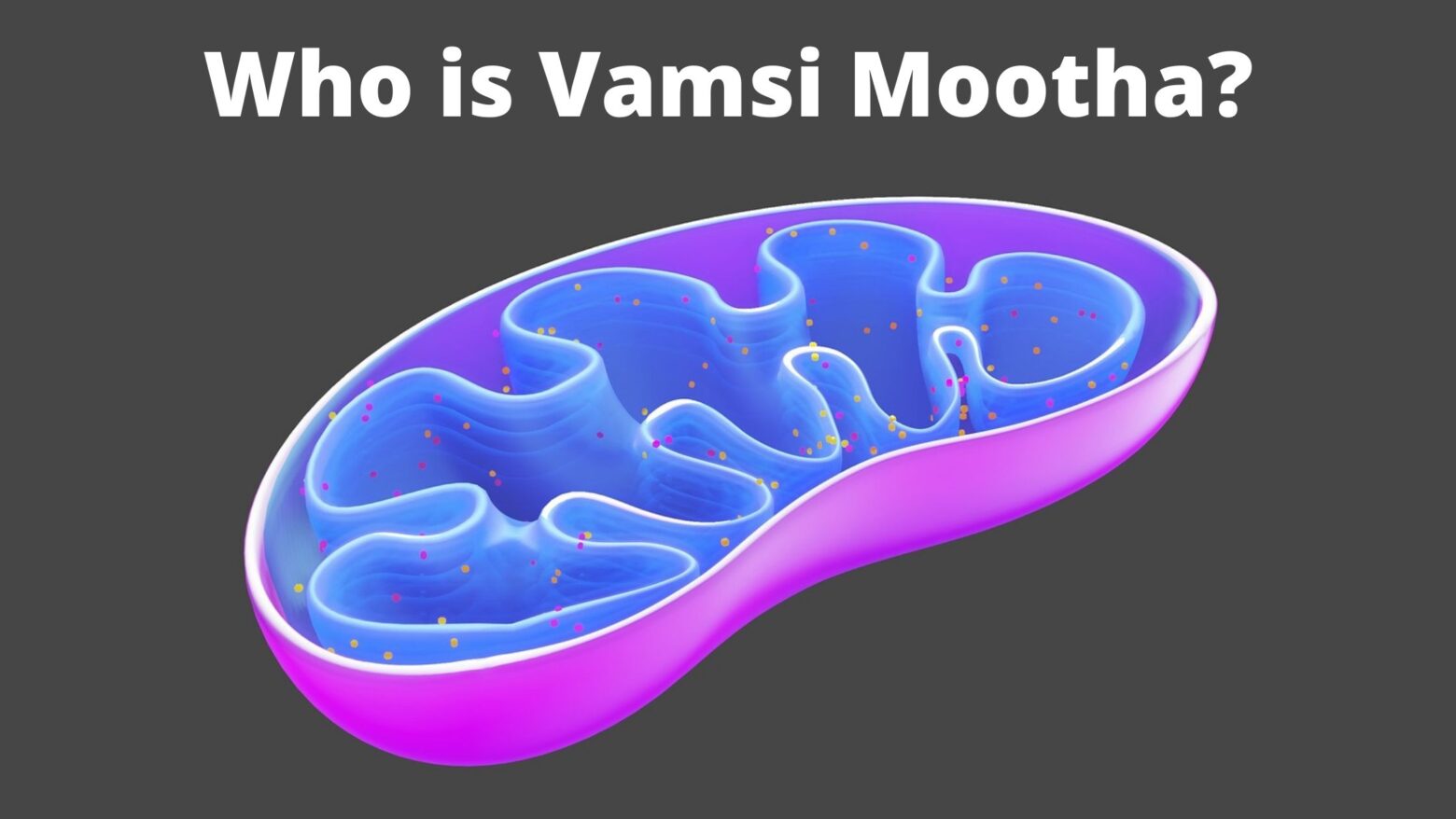About
Vamsi Mootha is a researcher at Howard Hughes Medical Institute and a Professor of Systems Biology and Medicine at Harvard Medical School. His lab is located in the Department of Molecular Biology of Massachusetts General Hospital and the Center for Genome Medicine. Drs. Mootha is the leader of a research team on mitochondrial biology.
Drs. Mootha graduated from Stanford University with a B.S. (with honors and honors) in Mathematical and Computational Science. He went on to receive M.D. where his research thesis focused on mitochondrial energy. After internships and internal medicine at Brigham and Women’s Hospital, he moved on to Whitehead Institute to do postdoctoral studies in genomics.
Works
His research team consists of biologists, computer scientists, and doctors who collaborated to study mitochondrial bioenergetics in health and disease. His research has led to the complete identification of the mitochondrial proteome, the identification of hundreds of genetic mutations, and the identification of all components of the mitochondrial calcium uniporter. He and his colleagues’ integration tools are now commonly used in biomedical research.
Drs. Mootha has won several awards, including the MacArthur Foundation Fellowship, the American Philosophical Society’s Judson Daland Prize, the Biochemical Society’s Kellin Medal, the Padma Shri from the Government of India, and the nomination for the National Academy of Sciences.
Social Media
Read more about Vamsi Mootha here.
Inspiring Talks by Vamsi Mootha
Interview
Notable quotes
- “Can two wrongs make a right? When it comes to mitochondrial dysfunction, the answer can be yes.”
- “Generations of HST students (including me) will always be indebted to Patty Cunningham. She was always there, she listened, she cared, and provided calming aplomb (especially during our breaks between classes).”
- “it’s one thing to predict protein function by first using a multiple sequence alignment; it’s an entirely different ballgame if your protein is so unusual or diverged you can’t even find sequence homologs.”
- “Anti-oxidant vitamins (GSH, NAC) *accelerate* aging in worms, mechanistically by suppressing the endogenous anti-oxidant stress response. A reminder of the value of randomized trials even for agents we assume “do no harm”.”
- “Did you know that uridine (or even RNA!) can be salvaged for its ribose to support growth in the complete absence of glucose?”
- “The recipe for modern breakthrough medicines: strong human genetics, deep biology, precise therapeutic modality; mix well with vision, rigor, and persistence.”
- “Are organelles enriched in GWAS for diseases of aging? We see a striking lack of enrichment for most organelles, including mitochondria. The nucleus, however, consistently scores.”
- “All life is interrelated. All men are caught in an inescapable network of mutuality, tied in a single garment of destiny. Whatever affects one directly, affects all indirectly.I can never be what I ought to be until you are what you ought to be.”
- The ultra-rare, Mendelian mitochondrial diseases may benefit from the “bespoke” approach: >300 nuclear disease genes, most of which impact 10-100 individuals.”
- “Genomic medicine is beginning to happen — what a great way to mark 20 years since the sequencing of the human genome.”
